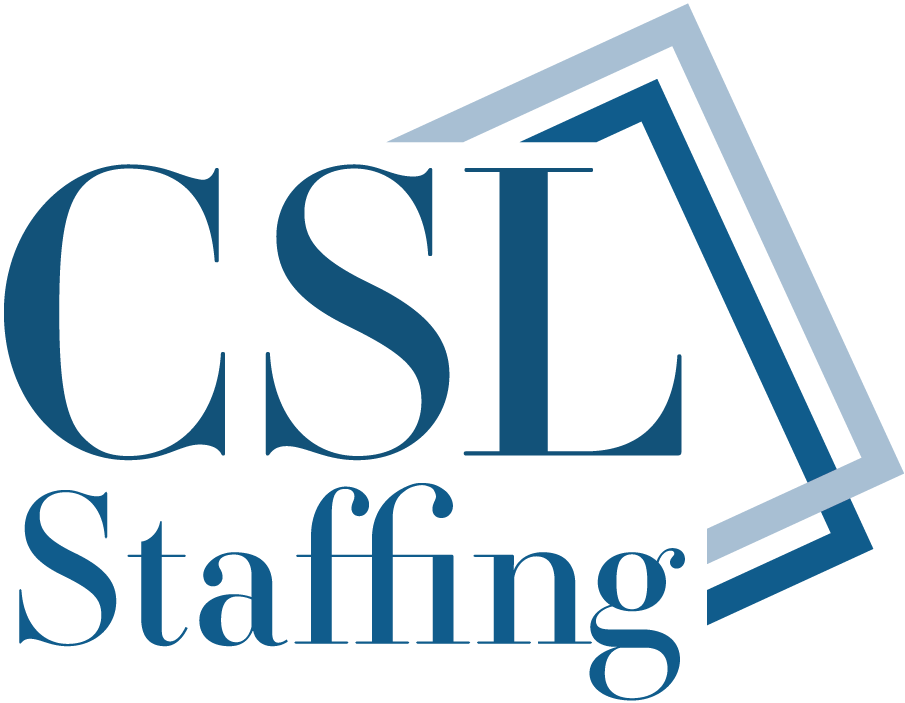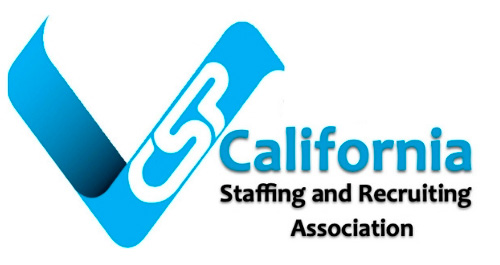CalChamber Releases 2021 Job Killer List
The California Chamber of Commerce released its annual job killer list, which includes 18 bills that would place California employers and the state’s economy in harm’s way should they become law. Of particular concern, according to CalChamber, are proposed labor and employment mandates which would hit small business employers especially hard as they attempt to recover from losses experienced due to pandemic-related shutdowns.
“Many of these bills — particularly the labor and employment ones — seem to be solutions in search of a problem,” said CalChamber President and CEO Allan Zaremberg.
Zaremberg also questioned why the Legislature is not working on ways to reduce costs on businesses struggling due to the pandemic. “Are policy makers unaware that unemployment filings increased last month? California employers cannot be the safety net for struggling workers. The billions of dollars coming to the state from the American Rescue Plan should be used to provide the safety net for struggling workers and help get businesses back up and running,” Zaremberg concluded.
The 2021 CalChamber Job Killer List includes the following employment-related bills:
AB 95 (Low; D-Campbell) Burdensome New Bereavement Leave Mandate: Imposes a significant new burden on employers of every size by mandating that they provide employees bereavement leave upon the death of a spouse, child, parent, sibling, grandparent, grandchild or domestic partner, regardless of how long the employee has worked for the employer. The bill further opens up new avenues for litigation against California employers by establishing a brand new private right of action (in addition to liability under the Private Attorneys General Act (PAGA) and administrative enforcement through the Division of Labor Standards Enforcement).
AB 616 (Stone; D-Scotts Valley) Forced Unionization Process for Agricultural Employees: Limits an employee’s ability to independently and privately vote for unionization in the workplace, by essentially eliminating a secret ballot election and replacing it with the submission of representation cards signed by over 50 percent of the employees, which leaves employees susceptible to coercion and manipulation by labor organizations. Also, unfairly limits an employers’ ability to challenge the cards submitted by forcing employers to post an unreasonable bond, and then limits an employees’ ability to decertify a union, by forcing them to go through the ballot election process instead of submission of representation cards. Also includes an unnecessary presumption of retaliation that is effectively unlimited in scope because it would apply for the duration of an election campaign, which could last for a year or more.
AB 995 (Gonzalez; D-San Diego) Costly Sick Leave Expansion on All Employers: Imposes new costs and leave requirements on employers of all sizes, by expanding the number of paid sick days employers are required to provide, which is in addition to all of the recently enacted leave mandates (COVID-19 sick leave, the California Division of Occupational Safety and Health (Cal/OSHA) emergency paid time off, California Family Rights Act (CFRA) leave, workers’ compensation, etc.) that small employers throughout the state are already struggling with to implement and comply.
AB 1003 (Gonzalez; D-San Diego) Criminal Liability for Good Faith Mistakes: Despite California’s onerous, confusing and always changing wage and hour laws, proposes to criminalize small employers, managers and supervisors, who in good faith, make a mistake in the application of the law, that even the Labor Commissioner and the courts disagree with on how to interpret.
AB 1041 (Wicks; D-Oakland) Significant Expansion of Family Leave and Paid Sick Leave: Significantly expands multiple existing leave requirements in California that apply to employers of five or more, including small employers with limited employees who are struggling as a result of the pandemic, by allowing an employee to designate any person for whom they would like to take the leave, and subjecting the employer to costly litigation under the Fair Employment and Housing Act (FEHA) or the Labor Code PAGA, for any alleged interference, interruption, discouragement or denial.
AB 1074 (Gonzalez; D-San Diego) Onerous Return to Work Mandate: Imposes an onerous and stringent process for specific employers to return employees to the workforce for specified industries, including hotels and restaurants that have been disproportionally impacted by this pandemic, which will delay rehiring and employers’ ability to re-open after being forced to close or reduce operations due to COVID-19.
AB 1119 (Wicks; D-Oakland) Expansion of Duty to Accommodate Employees and Litigation Under FEHA: Imposes new burdens on employers to accommodate any employee with family responsibilities, which will essentially include a new, uncapped protected leave for employees to request time off for things such as school drop-off or pick-up, and exposes employers to costly litigation under the FEHA that any adverse employment action was in relation to the employee’s family responsibilities, rather than a violation of employment policies.
AB 1179 (Carrillo; D-Los Angeles) Costly New Mandate on Employers to Pay for Employee Childcare: Imposes a new, costly mandate on public and private employers to cover up to 60 hours of employees’ childcare costs each year, with any alleged violation resulting in litigation under the PAGA.
SB 62 (Durazo; D-Los Angeles) Increased Costs and Liability on Employers: Significantly increases the burden on non-unionized employers in the garment manufacturing industry in California, by eliminating piece rate as a method of payment even though it can benefit the employee, creating joint and several liability for contractors for any wage violations or the employer, and shifting the evidentiary standards in a Labor Commissioner hearing to limit the ability for an employer to defend against an alleged wage violation. These additional requirements will encourage companies to contract with manufacturers outside of California, thereby limiting the demand and workforce of garment manufacturers in California.
SB 213 (Cortese; D-San Jose) Expands Costly Presumption of Injury: Significantly increases workers’ compensation costs for public and private hospitals by presuming certain diseases and injuries are caused by the workplace and establishes an extremely concerning precedent for expanding presumptions into the private sector.
SB 606 (Gonzalez; D-Long Beach) Expansion of Cal/OSHA Authority and Enforcement: Significantly expands Cal/OSHA authority by allowing it to multiply penalties potentially by 10x or 100x against employers, and shut down facilities that it has not even physically inspected. Finally, creates multiple new presumptions of retaliation that are duplicative of existing protections and will generate litigation.
Read the complete 2021 Job Killer list.
The post CalChamber Releases 2021 Job Killer List appeared first on HRWatchdog by HRWatchdog.




